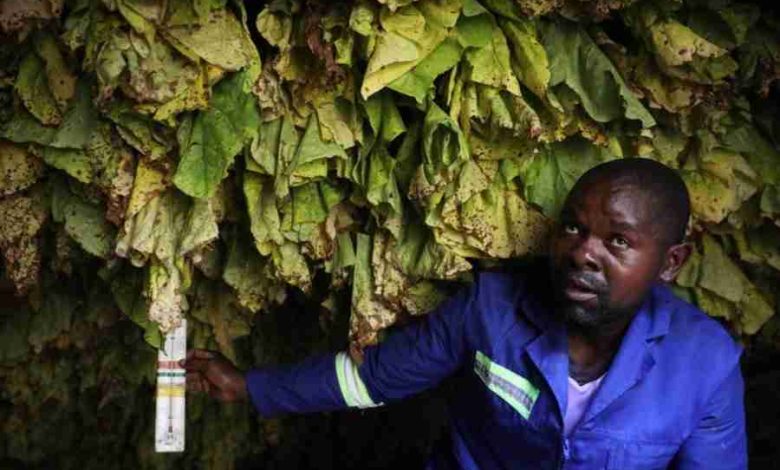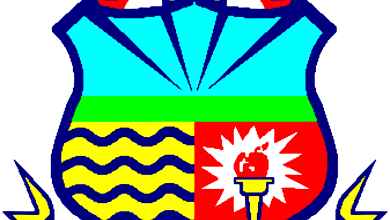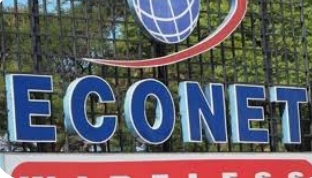Tobacco sales close to record 400 million kg

ZIMBABWE is on the cusp of another historic agricultural milestone, with projections showing that the country could soon achieve a record-breaking output of 400 million kilogrammes of tobacco.
The achievement is anchored in strong smallholder participation, Government reforms and research-driven innovation.
As of Friday, the sector had already reached 319,2 million kg of tobacco for this season, the highest in the country’s history, surpassing the total 296 million kg recorded last year.
The Tobacco Industry and Marketing Board has projected that total output could reach 330 million kg this year.
In an interview with The Sunday Mail, the chief executive officer of tobacco research institution Kutsaga, Dr Frank Magama, said the leap was being attributed to structured Government support and strategic partnerships across the value chain.
“This achievement reflects the resilience and collaborative strength of Zimbabwe’s tobacco sector,” he said.
“More than 127 000 growers are registered this season, 85 percent of them smallholders.
“Over 80 percent of our crop was produced under contract, ensuring inputs, technical support and guaranteed markets.”
Central to this momentum, he said, was the Tobacco Value Chain Transformation Plan, introduced by the Government in 2021 to strengthen productivity, value addition and sustainability in the sub-sector. He said the plan fostered reforms in farming practices, market systems and environmental safeguards.
Kutsaga, through its research and extension arm, deployed new climate-smart tobacco varieties — T78, T79 and T80 — that have boosted productivity and expanded cultivation to new regions, including Masvingo, Midlands and Matabeleland North.
“While expansion has occurred, what is more exciting is the productivity increase per unit area,” Dr Magama said.
“With improved post-harvest handling, energy-efficient barns and better training, the numbers are speaking for themselves.”
He said a 400 million kilogramme crop was no longer just a dream, but was a practically possible target, given current trends.
Concerns remain about global market saturation and environmental compliance.
“We must be cautious,” said Dr Magama.
“Countries like Brazil offload surplus tobacco at lower prices, which affects our competitiveness. Also, sustainability and environmental compliance will be key in keeping our product viable internationally.”
Beyond increasing raw leaf output, Kutsaga is pushing for local beneficiation and diversification.
The institute is now a hybrid innovation hub, venturing into biopharmaceuticals, industrial hemp, chia, Irish potatoes and other high-value crops.
Its multi-million-dollar tissue culture facility is producing disease-free plantlets for multiple commodities. Source : Sunday Mail Zimbabwe




